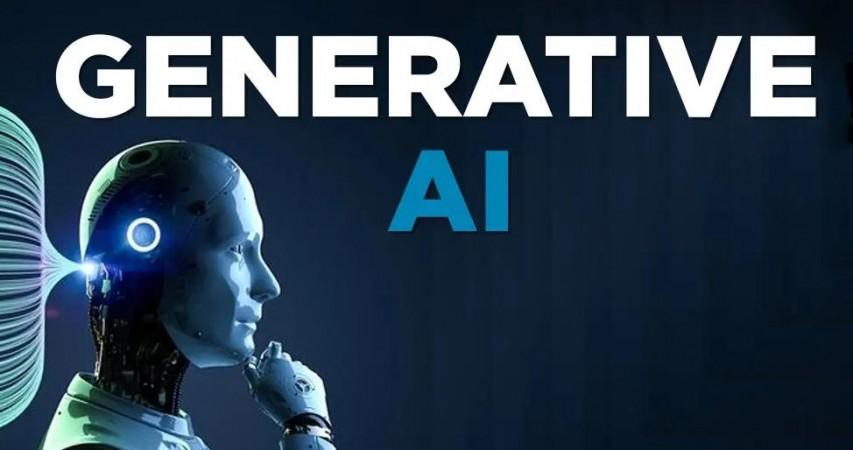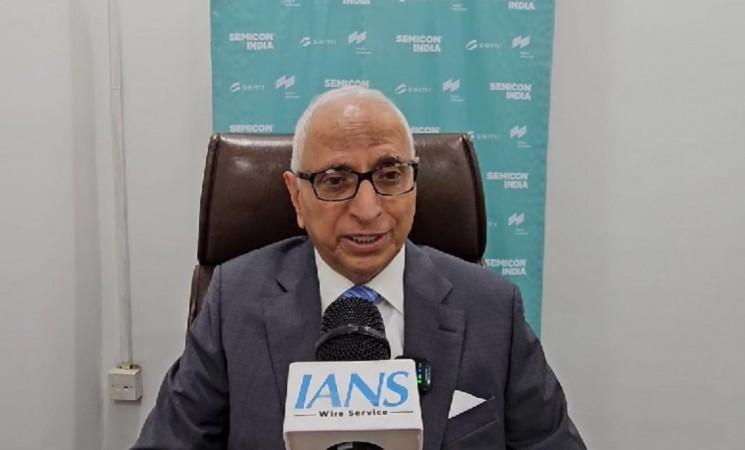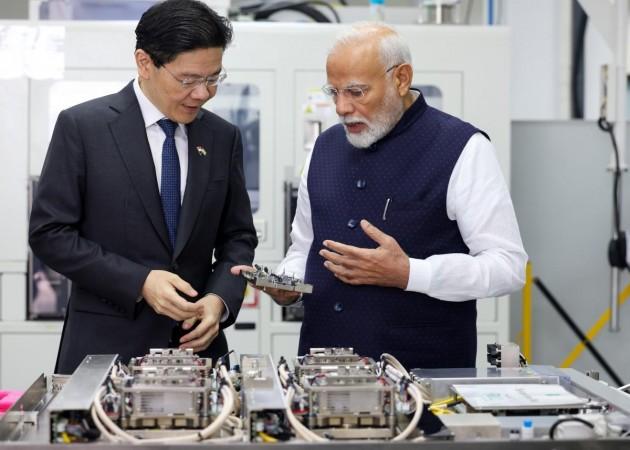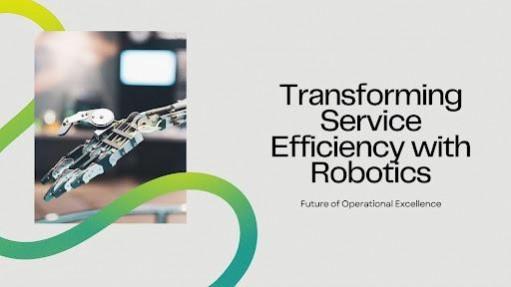
In today’s fast-paced and data-driven world, the evolution of robotic TME (Time, Material, and Expense) reporting systems marks a transformative leap in service operations management. These cutting-edge systems, driven by advanced sensors, automation, and seamless integration with enterprise platforms, redefine how organizations collect, manage, and analyze service-related data. Kiran Nagubandi, an expert in this field, emphasizes that by replacing traditional manual methods with highly accurate, real-time reporting capabilities, robotic TME systems enhance efficiency and reliability and pave the way for continuous improvement through actionable insights. As industries continue to embrace these innovations, the future of service documentation and management looks increasingly promising.
Innovative Mechanisms in Robotic TME Reporting
Robotic TME reporting revolutionizes data collection with advanced sensors and task-logging features, providing real-time, highly accurate data. Unlike traditional manual methods, which are slow and error-prone, robotic systems utilize tools like Sensors, GPS Trackers, accelerometers, gyroscopes, and motion detectors to capture precise service task details. This ensures accuracy in time allocation, material usage, and expense tracking, offering a comprehensive understanding of service scenarios and significantly enhancing reporting efficiency and reliability.
Material and Expense Management: A New Horizon
Robotic TME reporting systems enhance material and expense management with advanced tools like weight sensors, smart meters, RFID technology, and computer vision, enabling precise real-time tracking of material usage. This efficiency reduces waste and optimizes resource allocation. Seamless integration with financial databases allows real-time expense tracking, providing an auditable cost trail for each service activity. This automated approach minimizes human error, delivering unmatched accuracy and detail compared to manual processes, significantly improving inventory and expense management.
Automated Report Generation: Enhancing Decision-Making
Robotic TME reporting has transformed report generation through automation, using customizable, predefined templates to ensure consistency and ease of analysis across service activities. Advanced algorithms aggregate data from various robotic sources, accurately representing all relevant points. This automation reduces report generation time while enhancing accuracy and reliability. These systems employ sophisticated data visualization techniques to aid decision-making, converting raw data into clear, graphical formats like bar charts and pie charts. This approach simplifies the understanding of complex data sets, enabling stakeholders to make more efficient decisions and respond quickly to the TME estimates, preventive, predictive and prescriptive recommendations.
Integration with Enterprise Systems: Real-Time Insights and Continuous Improvement
Integrating robotic TME reporting systems with centralized enterprise platforms, such as Enterprise Resource Planning (ERP), Customer Relationship Management (CRM), and Asset Management Systems, represents a significant advancement in service operations. This integration allows for consolidating service-related data from multiple robotic units into a single, unified database. By enabling real-time data synchronization using Internet of Things (IOT) technologies, these systems ensure that decision-makers have access to the most up-to-date information, facilitating more accurate and timely operational insights.
The true power of this integration is its ability to drive continuous improvement. Advanced analytics tools help organizations identify trends, patterns, revenue leakages and anomalies in service operations, enabling data-driven insights that optimize processes, improve resource allocation, and enhance overall service quality.
Challenges and Future Opportunities
Despite the numerous benefits, the implementation of robotic TME reporting systems is not without challenges. Ensuring data accuracy, managing integration complexity, regulatory compliance and addressing the initial costs associated with these systems require careful planning and execution. However, as technology continues to evolve, many of these challenges are likely to be overcome, paving the way for further innovations in automated service documentation and management.
In conclusion, robotic systems are automating TME reporting and transforming service operations across various industries. By enhancing data accuracy, enabling real-time reporting, and integrating seamlessly with enterprise platforms, these systems offer significant opportunities for operational improvement. As organizations continue to adopt and refine these technologies, Kiran Nagubandi anticipates even greater future efficiencies, cost savings, and service quality enhancements.
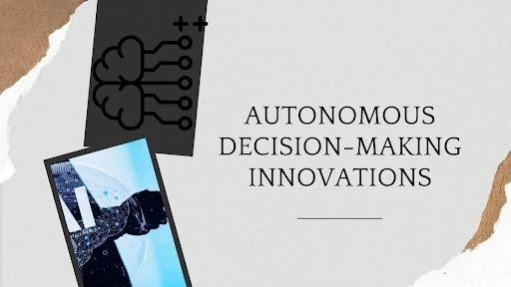


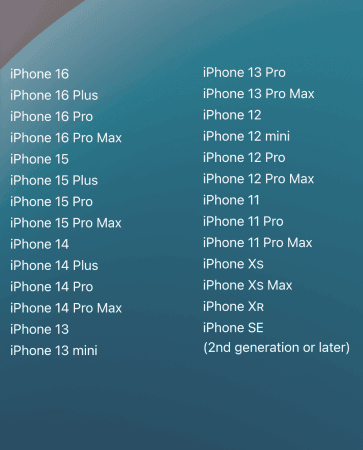

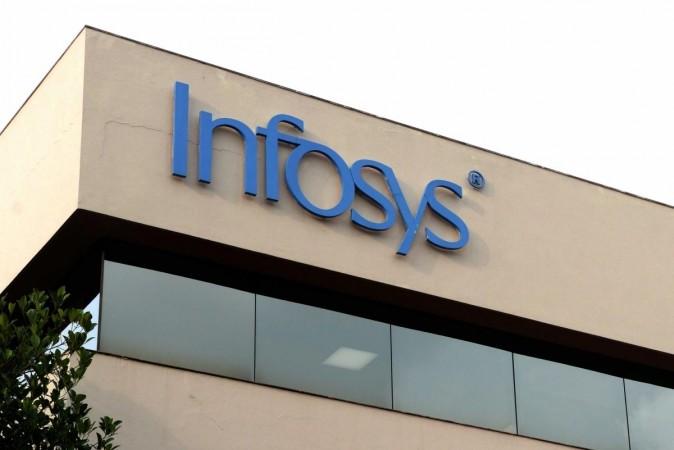
 India, 14 September 2024: Education New Zealand Manapou ki te Ao and Te Pūkenga – New Zealand Institute of Skills and Technology (NZIST) announced an exciting new initiative exclusively for Indian students at an event hosted at the New Zealand High Commission in New Delhi.
India, 14 September 2024: Education New Zealand Manapou ki te Ao and Te Pūkenga – New Zealand Institute of Skills and Technology (NZIST) announced an exciting new initiative exclusively for Indian students at an event hosted at the New Zealand High Commission in New Delhi.